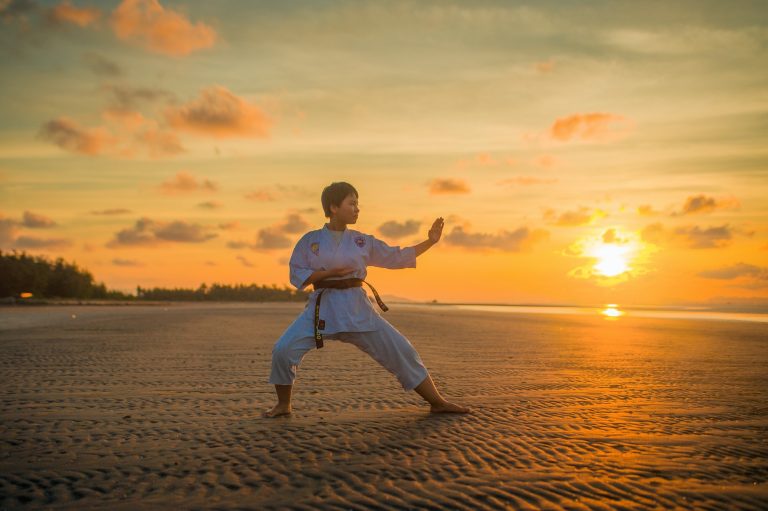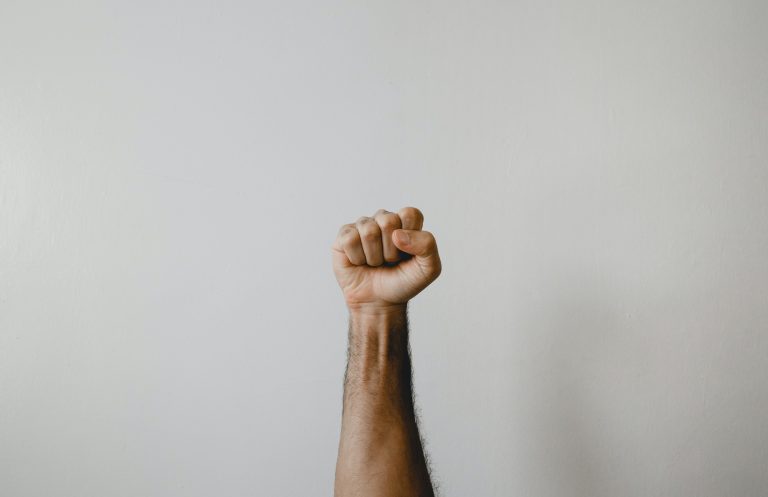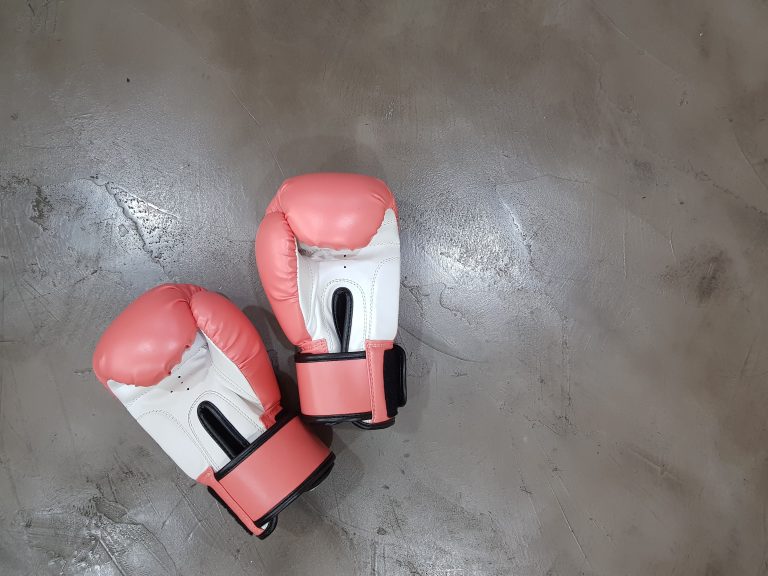What Are the Benefits of Training in Karate?
Karate, a traditional martial art originating in the Ryukyu Islands, has been around for centuries and is one of the most popular martial arts in the world. As it has evolved over time, Karate has developed into a complete and well-rounded form of self-defense that emphasizes physical, mental and spiritual growth. As a result, Karate offers practitioners far more than just physical self-defense and personal protection. Here, we discuss the many benefits of training in Karate.
Physical Health Benefits
Karate is a full body workout that helps to improve strength, flexibility, coordination and balance. It is a great form of exercise that will help not just the body but also the mind. Regular Karate practice can help to increase muscle strength, improve cardiovascular endurance, and boost stamina. This type of exercise is proven to be one of the most effective for weight loss and transforming body composition. Karate also helps to reduce stress since it is a form of physical activity that helps you relax and focus on the present moment.
Karate practice helps to improve coordination by forcing you to use both your arms and legs together for the same movements. In particular, Karate helps to develop acute motor skills, flexibility, and fast reflexes—all essential for self-defense.
Mental Health Benefits
Karate helps to increase mental focus and concentration while increasing self-confidence and self-discipline. It teaches practitioners patience, perseverance, alertness, humility and respect. As you learn new skills and gain confidence in yourself and your abilities, it can also help to boost self-esteem. Karate encourages positive qualities such as discipline, patience, respect and self-control, which can all help to shape your life in powerful ways.
Karate also requires focus and concentration to execute techniques correctly. Training in Karate helps practitioners learn to pay attention to detail and hone their physical reflexes. This benefits their overall mental health as well as their ability to stay present in every day activities such as meditating and studying.
Spiritual Benefits
Karate helps to build mental discipline by teaching practitioners how to stay focused in tough situations. Practitioners learn how to push past their own pain thresholds, which can help them handle stressful situations better in everyday life. Traditional Karate also teaches about Zen principles such as the importance of maintaining one’s inner balance, regardless of any external circumstance.
There is much more to Karate than meets the eye; it is not just a means of self-defense but a way of life that can give practitioners insight into their own capacity for physical and mental growth. In essence, training in Karate can be seen as a form of meditation, helping practitioners be mindful of their bodies and become more aware of themselves as a whole.
Safety Benefits
Karate is an effective form of self-defense that focuses on protection rather than aggression. It teaches practitioners how to assess dangerous situations while giving them tools to protect themselves when necessary. Karate teaches control both mentally and physically; in this way, practitioners learn how to control their own emotions as well as how much force is appropriate when defending themselves.
Karate also encourages safety through learning techniques that cause minimal harm as opposed to maximum damage. Unlike other martial arts, Karate does not rely heavily on weapons but more on unarmed combat techniques such as strikes and throws. Furthermore, an important part of Karate is learning how to fall and roll safely which can help protect from injury during combat.
Conclusion
Karate offers a wide range of benefits for those who commit themselves to learning it, including physical fitness, improved coordination, mental discipline, and enhanced self-defense skills. But it also impacts people’s lives in spiritual ways that go beyond physical health. Through regular practice and living by its ethical and moral codes, Karate cultivates an awareness of oneself, generates self-confidence, and helps individuals achieve greater self-control and peacefulness. All of which results in an improved quality of life – not just physically but also mentally and spiritually.
Sources:
1) https://www.blackbeltschool.org/why-karate/
2) https://www.blackbeltschoolusa.com/five-benefits-studying-karate/
3) https://www.merriam-webster.com/dictionary/karate
4) https://karateworkshops.com/history-of-karate/
What Are the Benefits of Training in Karate?
Karate is a martial art that originated in Japan and has become popular all over the world. Karate training is not just about combat techniques but also about mental and physical discipline. If you are considering training in karate, you may have some questions about the benefits. Here are the most frequently asked questions about the benefits of training in karate:
1. What are the physical benefits of training in karate?
Training in karate can provide numerous physical benefits that include:
a. Improved cardiovascular health:
Karate training is physically demanding and helps to enhance cardiovascular health. It can be beneficial for people with heart-related issues.
b. Strengthened muscles with flexibility:
Karate training requires a lot of movement and working out, which helps in strengthening the muscles in the body. The balanced workout routine also improves the flexibility of the body.
c. Weight loss:
Karate training involves rigorous physical activities that can assist in burning calories, hence weight loss.
d. Increased endurance:
Karate training is an excellent way to increase overall endurance, allowing you to manage physical exertion better.
2. How can training in karate improve mental health?
In addition to physical benefits, karate training also has a positive impact on mental health, as it:
a. Reduces stress and anxiety:
Karate training comprises techniques for mindfulness, breathing, and meditation that help in reducing anxiety and stress. This practice also helps in calming the mind and strengthens mental resilience.
b. Builds self-confidence and esteem:
Karate training teaches self-defense techniques and builds confidence in oneself. This translates into a sense of accomplishment and enhances self-esteem.
c. Increases focus and concentration:
Karate requires mindfulness and focus, which helps in developing the brain muscles, increasing focus, and concentration potential.
3. Can karate training help in combat situations?
Karate is primarily designed for self-defense, making it a practical way to prepare for combat situations. The training involves learning proper body movements, including reflexes, counter-attacks, and strikes that are effective in emergency situations. The technique trains the mind and body for combat situations by building reflexes, speed, and agility.
4. Is karate safe to practice?
Karate training can lead to injuries, but the injury rate in karate is relatively lower than other forms of martial arts or sports. Proper training, equipment, and protective gear can help reduce the risk of injury. It is important also to follow the rules and regulations regarding safety in the dojo during training.
5. Can karate training be practiced at any age?
The beauty of karate is that it can be practiced by people of all ages. In fact, it is an excellent way to stay active and healthy in older age. It is essential to consider individual capabilities and flexibilities during karate training. It is further essential to know the purpose of your training, which will dictate the intensity, training method, and goals.
6. Can karate training help in personal and professional life?
Karate training involves mental discipline and cultivates respect, character, and self-control. These attributes, when developed, transcend beyond the dojo walls and positively impact personal and professional life. Karate training can build confidence, self-awareness, and mental strength, translating to better interpersonal relationships and professional negotiations.
Conclusion
Karate training provides numerous benefits that include both physical and mental health, personal and professional benefits, self-defense, and combat readiness. It is essential to train under the guidance of a certified karate instructor to achieve optimal benefits. Karate training is suitable for all ages and can prepare you for a more wholesome experience in different aspects of life.
Inhaltsverzeichnis






